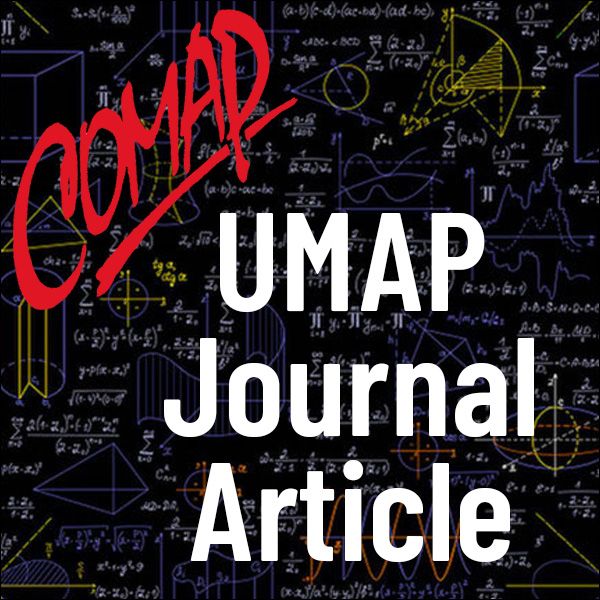Why Monday Never Wins: An Instance of the Secretary Problem
Author: Peter Blum & Marc Wenskat
Abstract
We analyze statistics of the German TV show "Das Perfekte Dinner" (The Perfect Dinner), a cooking competition in which contestants assign scores to rate one another. We find a strong dependency of winning on the order of performing. Furthermore, there is a positive bias in scores given by contestants who have already cooked. The optimizing strategy for the so-called secretary problem shows similarities.
Introduction
Acommon method of scoring a competition is for judges to award scores in a certain range, typically from 1 to 10 points, immediately after a contestant's performance. While in sports the ratings depend on difficulty or accuracy, in more abstract competitions, such as poetry slams and cooking competitions, they depend solely on the personal tastes of the judges.
How fair are such ratings? A commonly discussed phenomenon is the order effect, that the chance of winning depends on the order of performing. We examine a TV cooking show, "Das Perfekte Dinner," for such an order effect. Rather than use impartial judges, this show has the competitors rate one another. There already is some research on the scoring in games such as "Das Perfekte Dinner" [Sch ® uller et al. 2014; Haigner et al. 2010], but none with a data set as large as ours.

Mathematics Topics:
Application Areas:
You must have a Full Membership to download this resource.
If you're already a member, login here.